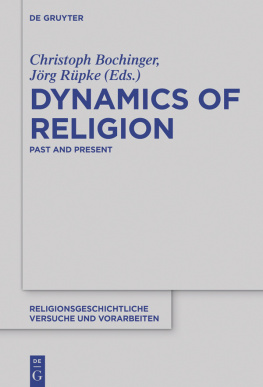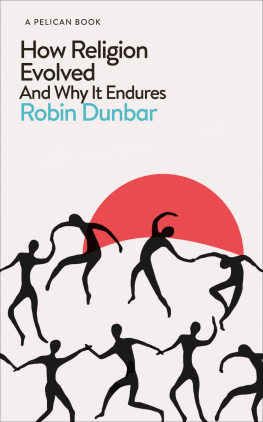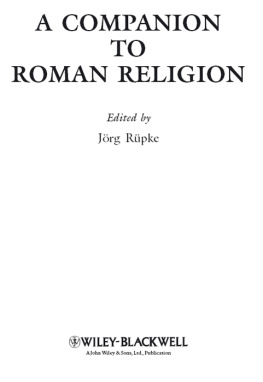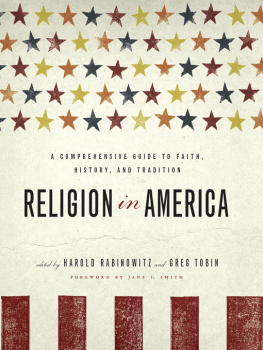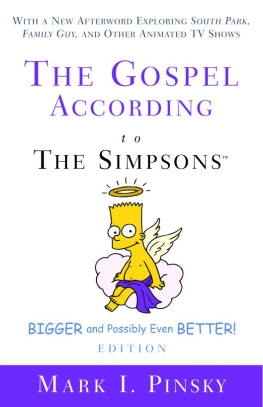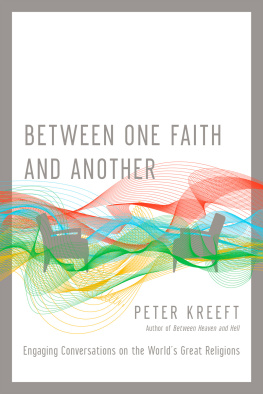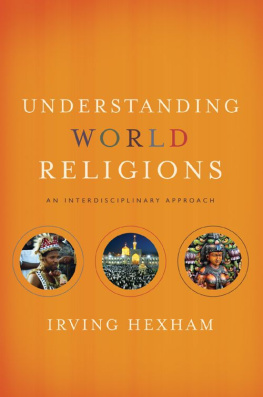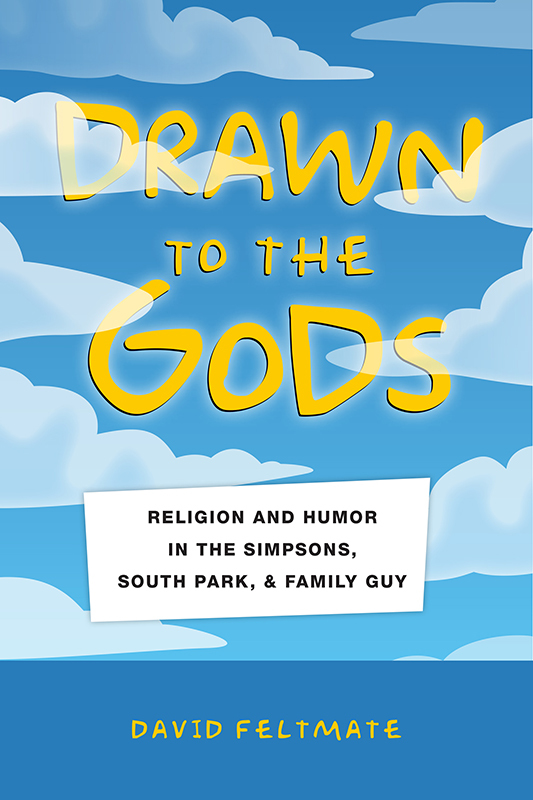
Drawn to the Gods
Drawn to the Gods
Religion and Humor in The Simpsons, South Park, and Family Guy
David Feltmate

NEW YORK UNIVERSITY PRESS
New York
NEW YORK UNIVERSITY PRESS
New York
www.nyupress.org
2017 by New York University
All rights reserved
References to Internet websites (URLs) were accurate at the time of writing. Neither the author nor New York University Press is responsible for URLs that may have expired or changed since the manuscript was prepared.
ISBN : 978-1-4798-2218-8 (hardback)
ISBN : 978-1-4798-9036-1 (paperback)
For Library of Congress Cataloging-in-Publication data, please contact the Library of Congress.
New York University Press books are printed on acid-free paper, and their binding materials are chosen for strength and durability. We strive to use environmentally responsible suppliers and materials to the greatest extent possible in publishing our books.
Manufactured in the United States of America
10 9 8 7 6 5 4 3 2 1
Also available as an ebook
For Dominic and Ashlynne
Contents
A lot of work goes into a scholarly book, especially a first book. My mentor, Douglas E. Cowan, deserves the biggest debt of gratitude as he was able to see the value of my work before this project really took shape. He nurtured my intellectual development during my time at the University of Waterloo. Doug set a high bar for me, both with his expectations and his personal example, and I am forever grateful that he saw studying the animated TV series The Simpsons as a valid dissertation topic. Thank you Doug, your guidance is something I cherish and draw upon daily.
Other scholars were also invaluable in the development of this book. At the University of Waterloo, Lorne Dawson and Scott Kline gave me valuable feedback on this project in its earlier incarnations. S. Brent Rodriguez-Plate has been an invaluable influence on my thinking about blasphemy and its importance for understanding religion. Philip Tite has moved from being an early editor of an article to the best kind of critic of my research agenda. His criticisms and continuous engagement with my work within the broader field of the study of religion are always welcome and my work is sharper for thinking through his reflections on the relationship between religion and humor. Behind the scenes, Gary Ladermans, Eric Mazurs, Sarah McFarland Taylors, and Elijah Sieglers support has prompted me to push through with some of the more difficult writing phases involved in finishing this book. There are also academic friends who did not directly comment on my research, but whose support and encouragement have helped me through the process. Although they are many, Rebekka King and Joel Thiessen deserve special mention for their friendship. My conversations with Rebekka at the American Academy of Religion and the Canadian Society for the Study of Religion have become a regular part of my thinking about the place of this work in the broader study of religion. Without her as a sounding board, my thinking about the field would be impoverished. Joel has been my best friend in academia since we first met in 2006 in a class at the University of Waterloo. Our friendship has matured over the last decade and I am eternally grateful for his presence in my life as a professional and personal sounding board. I hope to someday give as much support to Joel as he has given me. Words cannot express how thankful I am for Jennifer Hammer, my editor at New York University Press. Her tireless patience has pushed me through the multiple revisions this manuscript has undertaken. I am a better writer for her steady assistance. Lastly, I would like to once again thank all of the anonymous reviewers and journal editors who have given their time to previous publications that have been reworked into different parts of this book. Their comments and criticisms have shaped my thinking over time and their hard work is much appreciated. The anonymous reviewers of this manuscript deserve additional thanks as their comments and criticisms helped to make this a better book. To anybody not directly mentioned by name, I can only beg forgiveness for my mental lapse. Your support and friendship are much appreciated. Any mistakes and errors in this manuscript are mine, but they are far fewer thanks to the help I have received along the way.
At Auburn University at Montgomery I need to thank Michael Burger, my former dean in the School of Liberal Arts, for his financial support in the form of Deans Grants that enabled me to acquire research materials, to travel, and to present my research. Without his help I could not have received the feedback and intellectual engagement that makes the long road to writing a book possible. My current dean in the College of Public Policy & Justice, Kievan Dervai, also deserves a debt of gratitude for his unwavering support and promotion of my research. I would also like to thank my previous department chair, Terry Winemiller, for his help funding my travels and research. Finally, my deepest thanks go to Kimberly P. Brackett, who has helped me in her roles as department chair, associate dean, sometime collaborator, and friend. Words fail to describe the impact and importance of her friendship and collegiality on the process of bringing this book into the world. Thank you, Kim.
I would like to thank the library staff at the University of Waterloos Dana Porter Library and Auburn University at Montgomery. Their help locating the materials I needed to complete my research was timely and invaluable. I could not have written this book without their tireless work. Financially, this work was supported by a Social Sciences and Humanities Research Council of Canada Doctoral Fellowship held at the University of Waterloo in 20092010. Their funding was much appreciated and has helped bring this project to completion.
My family deserves a great deal of thanks for their support of all kinds during the long road from this books conception to its completion. Bill and Gwen supported me from a distance in what can sometimes look like a fools errand. My mother and father have been unshakable in their faith and belief in me. Their love and support have sustained me through the highs and lows of the writing and research process. I am truly blessed to have such wonderful people in my life to reach out to in the storms that came with the long process of writing this book. My children, Dominic and Ashlynne, have grown up with this book in the background. Their lives and laughter gave me hope and drive when writing. They continue to inspire me to greater heights just by being alive. Thank you both for your love and for motivating me just by being yourselves. Finally, Krista deserves a deep debt of gratitude. She was a dissertation and book widow while I brought this work to completion and I am grateful for the sacrifices she made to help me make this book a reality.
I would like to thank the following presses for their permission to use parts of the following in the writing of this book:
Some material presented in chapter 3 reflects updated and revised ideas that first appeared in David Feltmate, 2013. Its Funny Because its True? The Simpsons, Satire, and the Significance of Religious Humor in Popular Culture. Journal of the American Academy of Religion 81 (1): 222248. doi: 10.1093/jaarel/lfs100. 2013 Oxford University Press.
Some material presented in chapter 4 reflects updated and revised ideas that first appeared in David Feltmate, 2013. Cowards, Critics, and Catholics: The Catholic League for Religious and Civil Rights,
Next page

